Thinking of hosting a panel discussion as part of your corporate event? While it’s certainly quite an exciting way to keep your audience entertained, it can also be quite challenging if you don’t plan ahead. As with any other type of event, there are several things you need to remember when planning a panel discussion. After all, this is perhaps one of the most interactive types of events that can leave audiences feeling both inspired and challenged in their thinking. If you’re looking to host a successful panel discussion at your upcoming corporate event, here are 8 helpful tips for you:
Ask your speakers beforehand
This point might seem obvious. After all, you need to know who you’re going to invite to your panel discussion before you even start planning it. That said, you might find that some speakers, especially those who are well known, may be very busy or have very busy schedules, so you may have to wait a while before getting back to you. The best thing to do, therefore, would be to ask your speakers beforehand. This way, you can make sure that your event date doesn’t clash with a busy schedule of any of your speakers. Keep in mind that some of your speakers might be experts in your industry, while others might be experts in another entirely different field. That said, you’d still want to ask them whether they’d like to be part of your panel or not. You’ll want to make sure they feel comfortable with the topic they’ll be discussing, as well as the audience they’ll be speaking in front of.
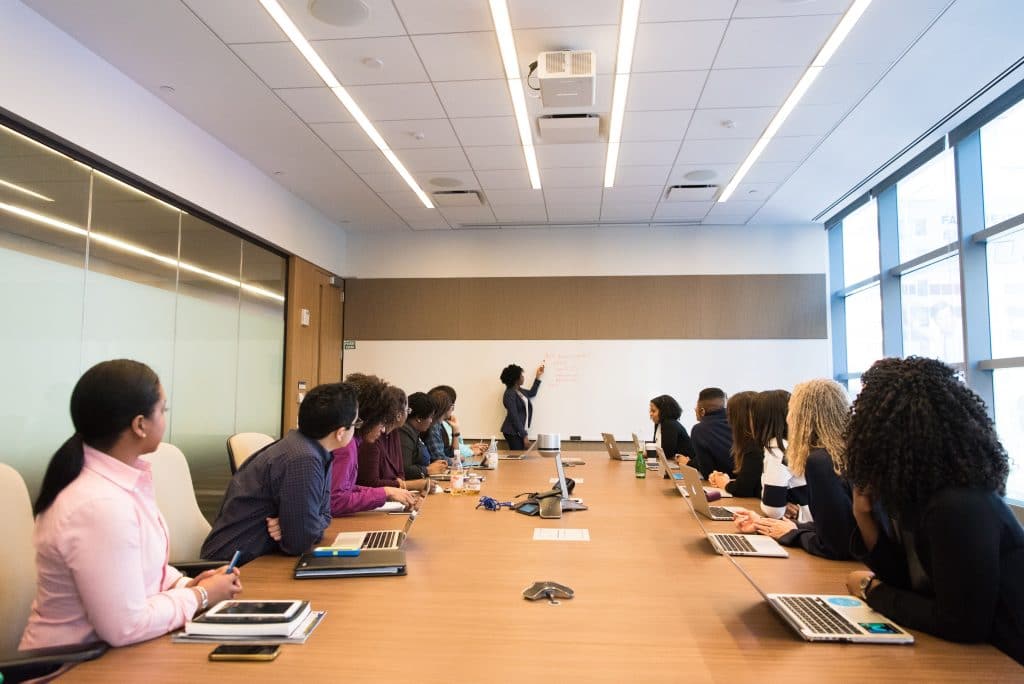
Set the stage for a panel discussion
Once you have chosen a topic for your panel discussion, you can set the stage for this event. You can, for example, choose a room that is easily accessible for your audience, such as a lecture hall or a seminar room. You can also select a room that is spacious enough to accommodate all your attendees comfortably. You may also want to consider setting up some sort of stage for your panel discussion. This will help your speakers feel more comfortable and confident during the event, as well as help your audience pay attention to what they’re saying. You may also want to consider setting up visual aids like PowerPoint slides. This will help guide your audience and keep them attentive, as well as help you present the topic in a more organized and coherent manner.
Know your audience
Once you know your topic, it would be a good idea to survey your audience and find out what they hope to get out of your panel discussion. This will help you better prepare for the event and guide your discussion in the right direction. For example, if your attendees want to learn more about the topic, but your speakers are more focused on providing a solution to the problem, you can help redirect your speakers in a constructive manner. You can also ask your audience what type of people they would like to see on your panel. This will help you in two ways. First, it will give you an idea of who your audience would like to see on your panel, and second, it will also help you narrow down your selection process. It’s a good idea to have a wide range of speakers for your panel discussion, but you’d also want to make sure you have representation from all parts of your company.
Make a good panelist selection
In addition to knowing your audience, you’ll also need to make sure you’ve selected a good panelist selection. This will help you in two ways. First, it will give you a clear direction in terms of the discussion. Second, it will help you create a balanced panel that represents all parts of your organization. You can make a good panelist selection by taking several things into consideration. You can, for example, select speakers based on their experience in your industry. You can also select speakers based on their experience in a related field. You can also select speakers based on their reputation in the industry, as well as their ability to present a clear and coherent message to your audience. You can also select speakers based on their personality. You may want to select speakers who have a certain type of personality, such as being a bit more quiet or reserved, or you may want to select speakers who have a certain type of personality, such as being more outgoing and talkative.

Establish clear rules and guidelines
When hosting a panel discussion, you need to establish clear rules and guidelines for your event so that it flows smoothly and stays on track. You may want to first provide a brief overview of the topic you’re discussing, as well as give an introduction to your speakers. You can then briefly outline the format of your event, such as the number of speakers and the length of time each speaker will be on the panel. You may also want to briefly outline the Q&A session that will follow the panel discussion. You may want to let your audience know how they can participate in the event, such as asking questions or sharing their thoughts and ideas. You may also want to let your audience know how they can follow up with the speakers after the event.
Provide food and drinks
When hosting a panel discussion, you need to provide food and drinks, especially if your event is held in the evening. This will help keep your audience energized, attentive, and focused on what your panelists have to say. It will also help set a casual and friendly tone for your event. The food you serve should be in line with the casual and friendly tone of your event. You may, for example, want to serve finger foods, such as crudités and chips and salsa, as well as soft drinks, coffee, and water. You may also want to consider providing a few snacks that would go well with the drink, such as cookies or pretzels.
Don’t forget the Q&A session
While you’ll want to focus on the topic and the discussion, you’ll also want to let your audience participate in the event. This will show them that you value their opinion, as well as provide a more interactive and engaging experience for them. Plus, you may learn a few things from your audience in the process. You may have planned a Q&A session at the end of your panel discussion, or you may have planned a Q&A session at the end of every speaker’s presentation. Whichever one you decide to go with, you should keep track of the questions that are asked and make sure you follow up with your speakers regarding the questions they can’t answer. This will help you be more prepared for your next panel discussion.
Wrapping up
After hosting your panel discussion, you want to make sure you thank your speakers for participating in the event and challenge your audience to think about what they’ve heard and take action. You can also follow up with all the questions that were asked during the event. This will help you better prepare for your next panel discussion, as well as help you build better relationships with your employees and audience. You may also want to follow up with the people who asked questions but weren’t able to get an answer during the event. You can do this via email, snail mail, or even social media. You can also use the forum created during your panel discussion to keep the conversation going.



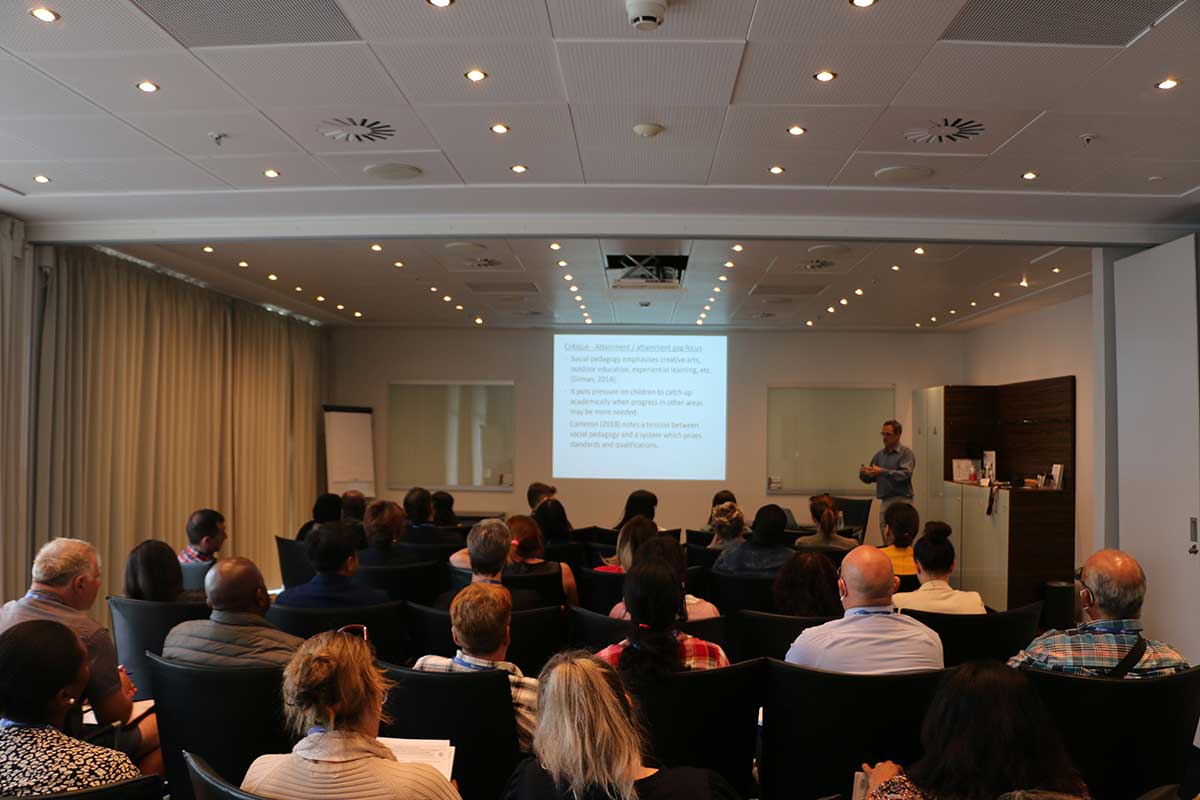
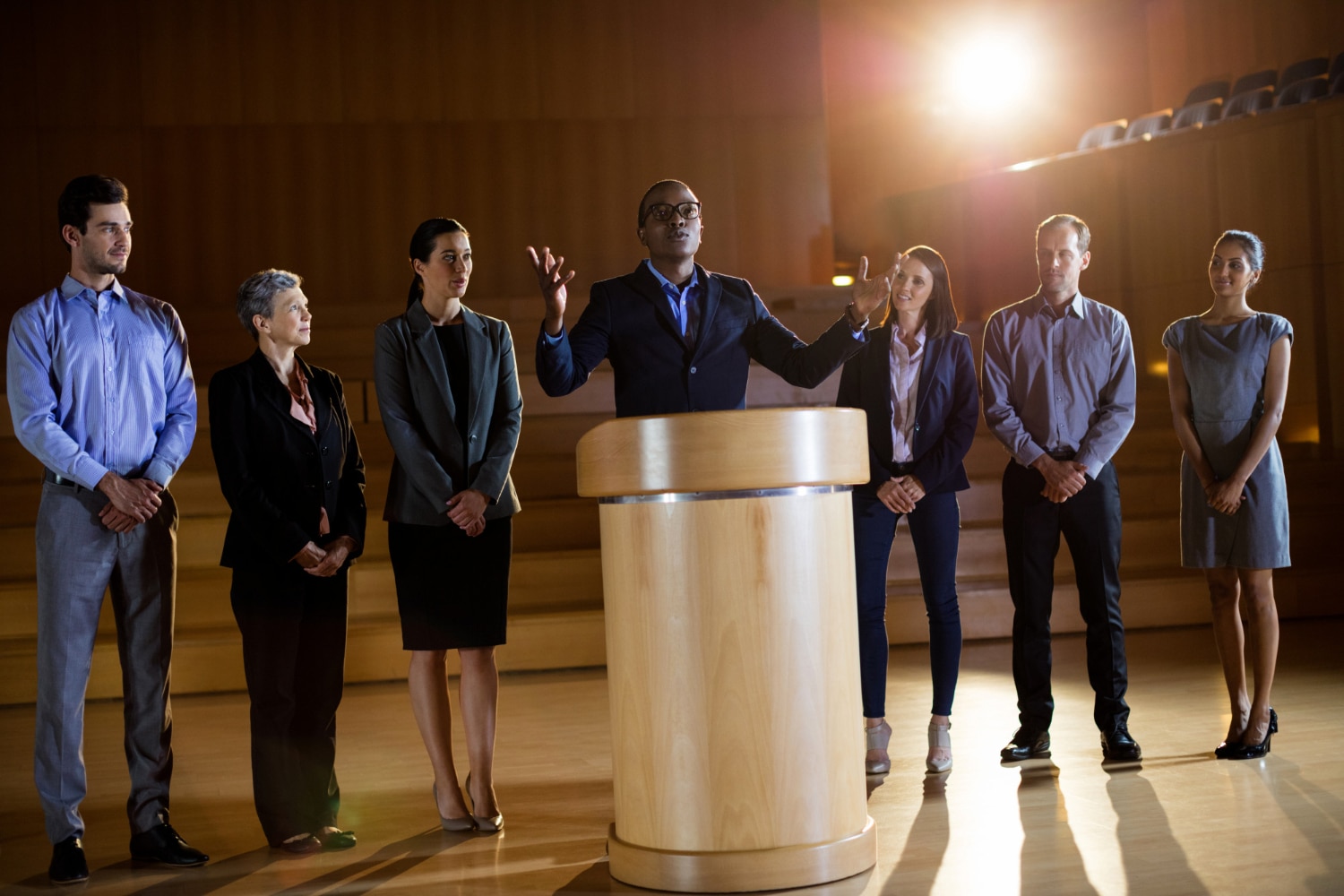
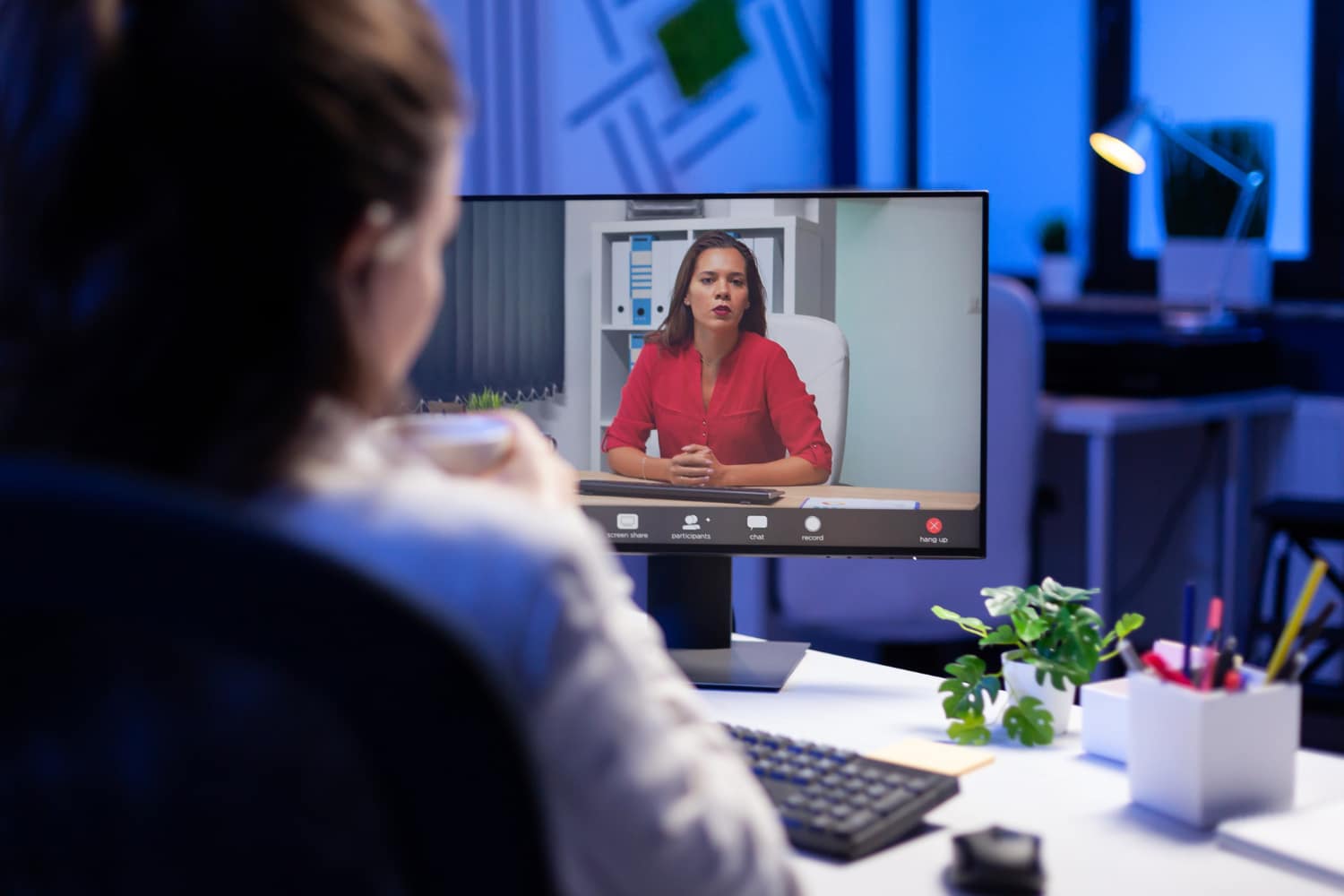
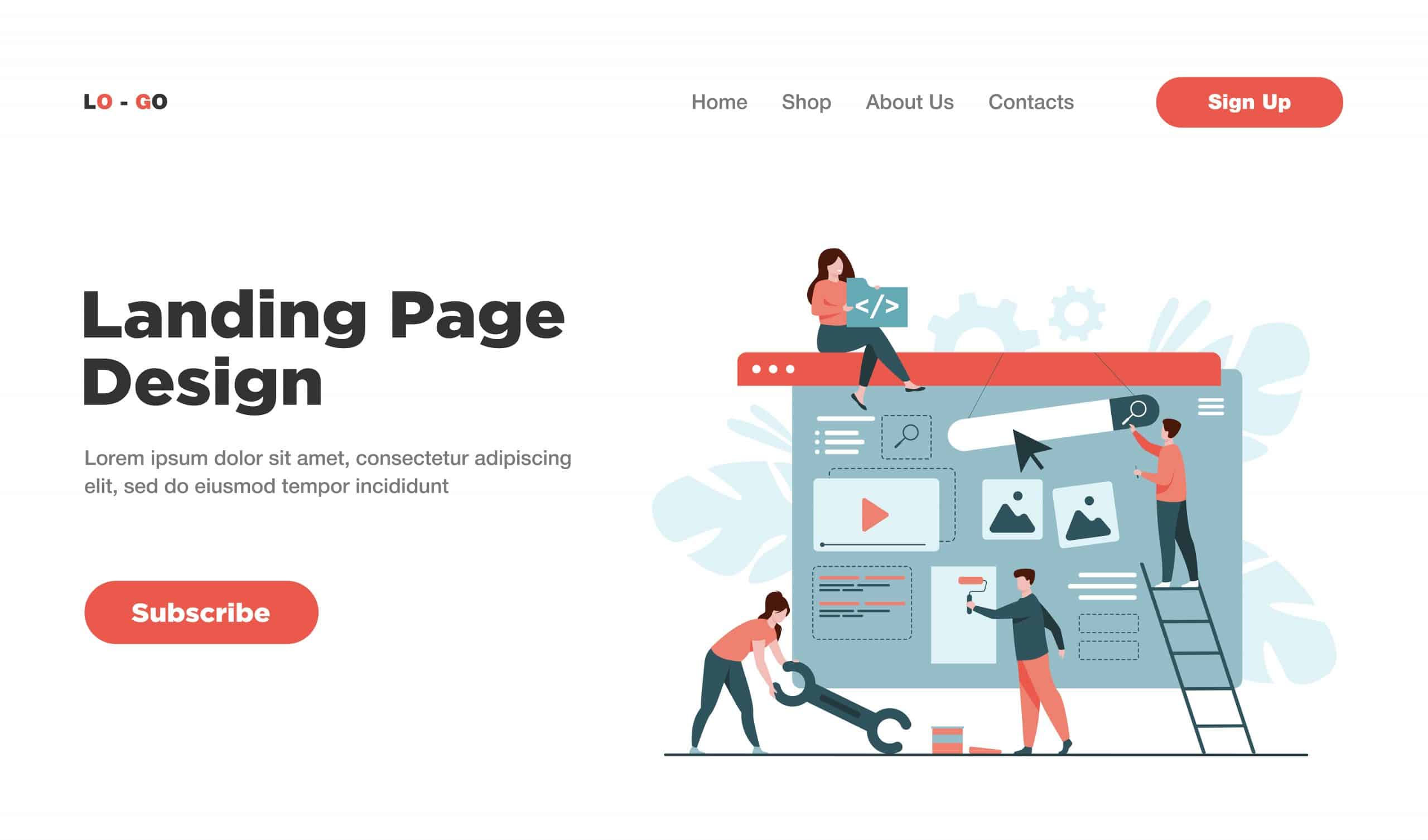





0 Comments